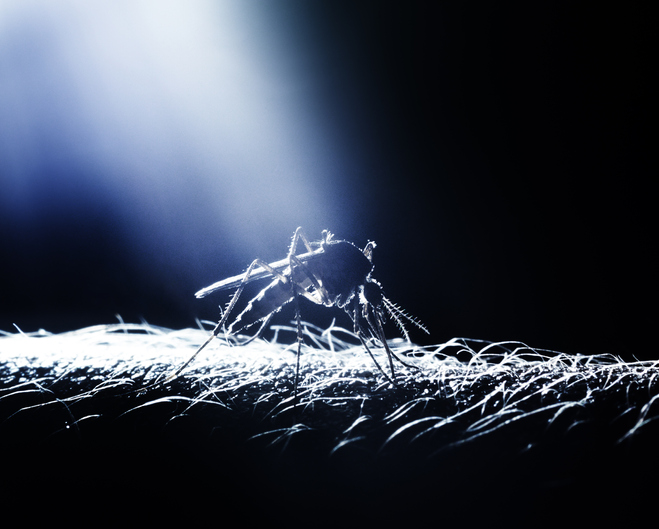Recent research has unveiled significant insights into the genetic diversity of Anopheles funestus, a key malaria-transmitting mosquito species in sub-Saharan Africa. An international team of researchers published their findings in Science, demonstrating that this mosquito is not only genetically complex but also evolving rapidly in response to insecticide pressures. The study involved whole-genome sequencing of 656 modern samples and 45 historical samples, revealing interconnected populations across equatorial regions, alongside distinct genetic groups that diverge due to local insecticide use.
This research underscores the critical role of An. funestus in malaria transmission, a species that has historically received less attention compared to its counterpart, Anopheles gambiae. The findings highlight the necessity for targeted vector control strategies, as the genetic diversity and fluidity of An. funestus complicate existing control measures. With evidence of independent mutations conferring insecticide resistance, the study emphasizes the urgency for innovative surveillance and intervention strategies that address the unique genetic landscape of this mosquito species.
Open the full market picture for your next decision →



